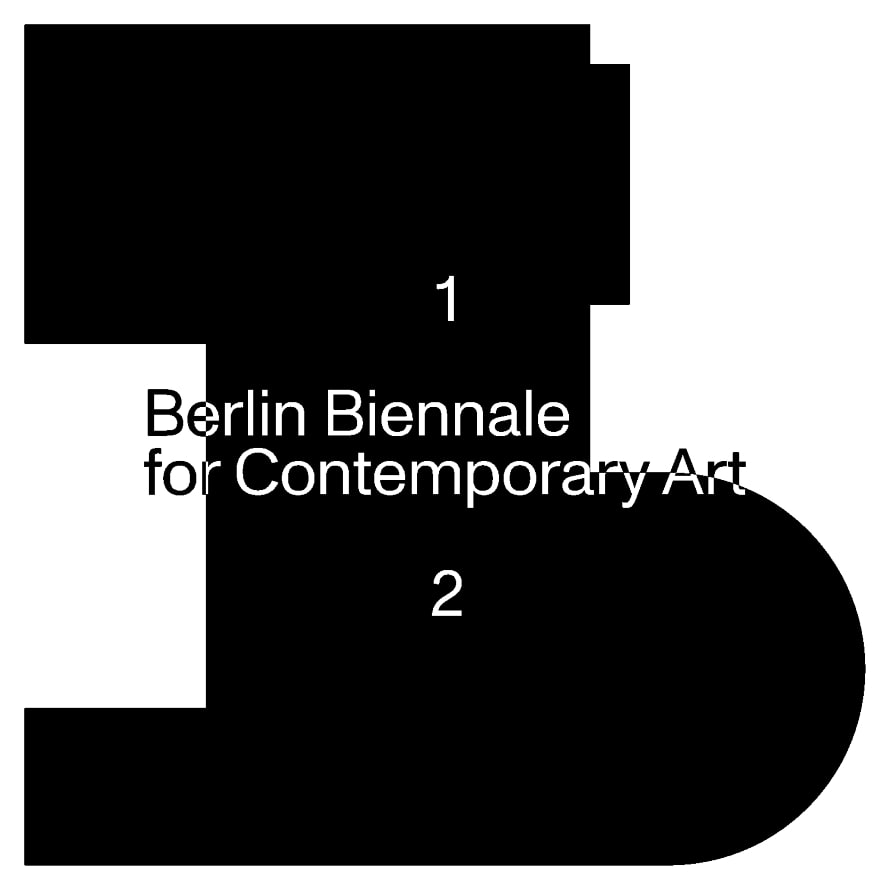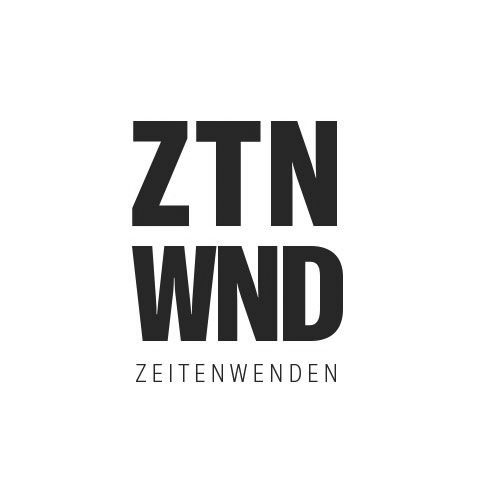Last Sunday, 18 September 2022, the 12th Berlin Biennale entitled Still Present! came to an end with over 140,000 visitors. The reach of the Berlin Biennale is thus greater than before the start of the Covid 19 pandemic. More than 200 works by around 70 artists and collectives were shown at six exhibition venues, including numerous new productions, as well as many historical documents from the Archive of the Avant-Garde – Egidio Marzona (AdA). The contributions provided insights into decolonial ecology, decolonial feminism and the debate on restitution and examined how colonialism and imperialism continue to have an impact in the present.
Image. above: Courtesy Berlin Biennale
With over 200 public conferences, presentations, workshops, performances, film screenings, focus tours and walking tours, the 12th Berlin Biennale realised an extensive and multi-layered programme. The issues and themes addressed thus reached many people online and offline beyond the exhibition. Video documentations of the conferences and events are still available in the media library on the website of the 12th Berlin Biennale.
First and foremost, the Berlin Biennale would like to thank the artists, collectives and participants for their commitment and trusting cooperation. Without them, the 12th Berlin Biennale would not have been possible.
We would like to thank the Federal Cultural Foundation, which has supported and partnered the Berlin Biennale since 2004. We would also like to thank all supporters and partners of the 12th Berlin Biennale.
The 12th Berlin Biennale was the third edition in a row to address decolonial issues and once again highlighted their socio-political relevance. Building on the concept of repair proposed by Kader Attia, blind spots in our perception of modernity were highlighted in order to overcome regimes of invisibility and propose decolonial strategies for the future. Curator Kader Attia’s collaboration with an international, globally networked artistic team – Ana Teixeira Pinto (until June 2022), Đỗ Tường Linh, Marie Helene Pereira, Noam Segal and Rasha Salti – set thematic priorities and brought in specific perspectives.
The 12th Berlin Biennale was characterised by cooperations. Internationally, but also on a local level, networks were activated for this year’s edition. In various formats, there was cooperation with Berlin universities (Berlin University of Applied Sciences, Macromedia University of Applied Sciences, Berlin University of Technology, Berlin University of the Arts) as well as with public and private cultural institutions such as the House of World Cultures (HKW), the Afrolution Festival or the Babylon cinema.
The exhibition venues spanned the city and ranged from the Akademie der Künste on Hanseatenweg in Tiergarten to the Akademie der Künste on Pariser Platz, the space of the pilot project Decolonial Remembrance Culture in the City and the KW Institute for Contemporary Art in Berlin-Mitte to the Stasi headquarters. Campus for Democracy in the Lichtenberg district. For the first time, the Berlin Biennale also cooperated with the Hamburger Bahnhof – Museum für Gegenwart – Berlin and used the spacious areas of the Rieckhallen.
Under the title It Speaks To Me, researcher and curator Reem Shadid created the now established format of the Curators Workshop. Building on the decolonial concept of the 12th Berlin Biennale, this edition with 14 participants addressed pressing questions about the inadequacy of language and explored where conversations go astray, where they distance themselves from each other, from (art) practices and lived experiences. The Curators Workshop was organised by the 12th Berlin Biennale in cooperation with the Allianz Kulturstiftung, the BMW Group, the Goethe-Institut e. V. and the ifa – Institut für Auslandsbeziehungen.






